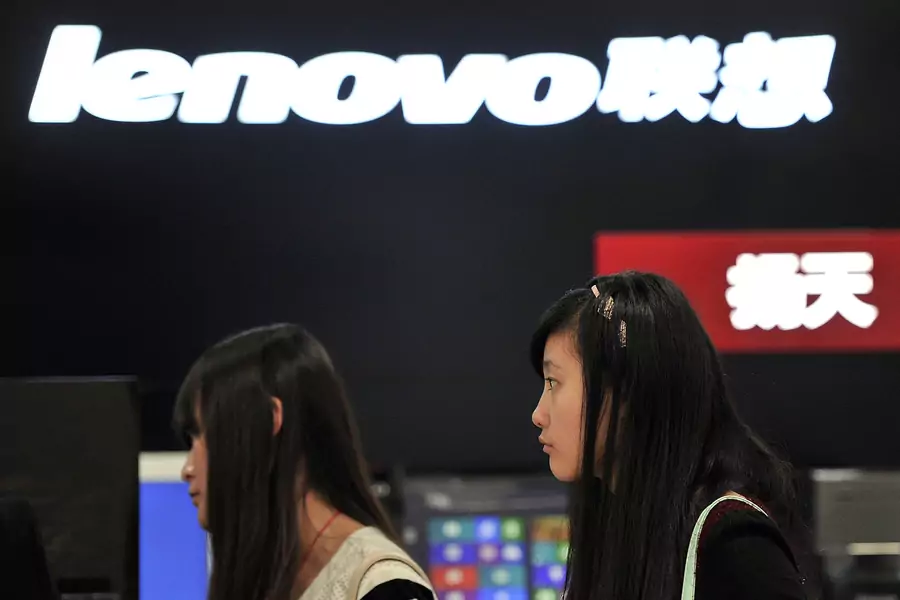A Bold Proposal for Fighting Censorship: Increase the Collateral Damage

Valentin Weber is a DPhil candidate in cybersecurity and a research affiliate with the Centre for Technology and Global Affairs at the University of Oxford. He is also an Open Technology Fund (OTF) Senior Fellow in Information Controls at the Berkman Klein Center for Internet & Society, Harvard University.
You can follow him @weberv_
More on:
Censorship in China is often described as a cat and mouse game. As soon as netizens come up with a term to express their frustrations or call for collective action the term will be censored. So was the letter n, which netizens used to refer to Xi Jinping being in office the n-th amount of time, or qiou, a neologism which means dirt-poor and ugly, and refers to being an underdog in a society that praises consumerism and status symbols. The censorship game has been going back and forth for years and the government seems to have retained the upper hand in it.
In an influential report dubbed Collateral Freedom, the Open Internet Tools Project found that Chinese censors are most aggressive when censorship incurs low economic damage and less willing to act when the perceived economic damage is greater. This principle was exploited by the censorship-circumvention technique of domain fronting, in which a technical quirk of websites hosted on the Amazon Web Services (AWS) cloud platform (and similar services by Google) was used to trick the censorship infrastructure into allowing blocked traffic. These circumvention-enabling sites were resistant to blocking, as banning one AWS-hosted webpage would result in other websites hosted on the Amazon cloud being similarly blocked. Recently, citing a variety of cybersecurity and legal hazards created by domain fronting, both Amazon and Google disabled domain fronting, removing a widely-used approach for users to bypass censorship.
However, despite the recent setback in domain fronting, what if there were other ways of ensuring high levels of collateral damage when blocking services? What if there were terms that are incredibly hard to censor, because the potential economic damage would be too great?
The concept is the following: take an economically important term, such as Mate 20X, ZTE or even Lenovo’s advertising slogan Let the World Connect (让世界一起联想). Lenovo – Let the World Connect may indicate that the company connects the world, but it may also be a call for collective action. Tencent’s slogan Connecting People for a Greater Future (连接你我共生未来) may just as well indicate that people ought to go out and organize themselves in order to create a greater future.
A similar technique was adopted in Brazil’s 2013 protests, where protesters took Johnnie Walker’s slogan The giant has awoken to the streets. Those words build on national pride and are inherently emotional, since advertising builds on emotions to increase customer consumption. A powerful advertising slogan that induces people to buy products, can just as well be used to organize collective action and bring people to the streets.
More on:
While major companies do the branding and distribution of the slogans, citizens can engage in a subvertising effort (a combination of subversion and advertising used by the AdBusters organization, for instance). Luckily all slogans will already be not only present in online fora, but also in the streets through the sheer presence of company advertising posters and material. While a company can just come up with another advertising slogan, in case it is appropriated by protesters, it is harder to change a company’s name that can be rebranded to serve calls for collective action. Lenovo (联想) means to associate, or connect cognitively in Chinese. Similarly, Huawei’s first character (华) refers to China or Chinese and the second character (为) to action or achievement.
There are some limitations to this proposition. Firstly, this is not a censorship circumvention approach – it will not provide citizens with access to foreign websites that are shielded by the Great Firewall. Websites will still be inaccessible.
Secondly, citizens who intend to rebrand words or slogans will have to sway public perception that Connecting People for a Greater Future applies to social movements and not only to the technological possibilities of a phone. Given that the letter n was rebranded successfully from a simple letter into a one with a politically charged connotation, however, then Tencent slogans can gain a new meaning as well. The crucial difference being that censoring the letter n (in isolation) was acceptable to censors, censoring Connecting People for a Greater Future will be costlier. Even if individual slogans are banned at some point, it will have caused some economic costs associated with the blocking, as well as advanced dissemination of calls for collective action.
Thirdly, taking brands or advertising slogans as vehicles for political movement may encounter another challenge. It may drown in an overflow of similar information. What happens when you google Google? Nothing exciting. It is hard to find any targeted information on the company. It must be just as difficult to find anything political on Connecting People for a Greater Future when one searches it on Baidu. Therefore, the proliferation of these meanings will have to rely on people communicating with each other on RenRen or Weibo. In this way, the slogans and words will be shared just as the letter n or qiou were on a person to person basis. Thereby collective-action-information can flow, regardless of the vast amounts of similar information online.
This approach can reintroduce the collateral effects of censorship as applied to social messaging, which has already proven to be effective in reducing censorship. By deliberately designing communication strategies to exploit collateral effects, the cat is unable to distinguish between the mouse and its own tail, and will choose not to bite either.
 Online Store
Online Store